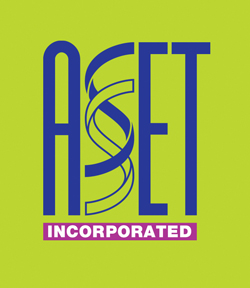 As a small or emerging company, grant funding and investment become a sort of barometer for success. Get a couple bucks from family and friends and you may have something. Get a business incubation grant from local or state agencies, your business may be ready to expand. But last week, two Pennsylvania education resource firms broke the barometer, receiving some highly coveted stimulus funding.
As a small or emerging company, grant funding and investment become a sort of barometer for success. Get a couple bucks from family and friends and you may have something. Get a business incubation grant from local or state agencies, your business may be ready to expand. But last week, two Pennsylvania education resource firms broke the barometer, receiving some highly coveted stimulus funding.
Pittsburgh non-profit Asset Incorporated and Philadelphia non-profit Children’s Literacy Initiative each received i3 ‘validation grants’ for their efforts improving student performance. Funded by the 2009 American Recovery and Reinvestment Act to support up-and-coming education services companies, the ‘validation’ grants acknowledged 49 programs, chosen from a national field of over 1,700 applicants. The award comes with just over $22 million in federally-awarded validation. In short, neither program should be short on confidence. In fact, Asset Executive Director Dr. Helen Sobehart believes her company’s proven track record is what made them stand out.
“We have had third-party evaluators come in and look at the scores of students who are in Asset schools and match those schools against other schools who were very similar except they were not using Asset and our scores are significantly higher,” Sobehart says. “We have another source of proven results. Because we have been around for 15 years, we have students who were elementary-aged when Asset began who are not in college and we have narrative evidence of Asset’s ability to increase student’s interest and belief in themselves.”
For Asset, the new funding will take a teacher resource firm with a proven track record and allow them to advance technological teaching methods into the next decade. For a firm that is helping with lesson plans and teaching the teachers all over Pennsylvania, this grant will help Asset reach out to more rural areas through video conferencing and digital lesson plans. Asset believes it is a mission that is quite valid indeed.
“The grant is aimed primarily at schools that are serving rural areas as well as schools that are serving children in areas that have low socioeconomic status,” says Sobehart. “It’s those schools that typically have the least access to materials and since the rural schools are harder to get to, this will give us a chance to do more in a variety of places.”
Source: Dr. Helen Sobehart, Asset Inc.
Writer: John Steele